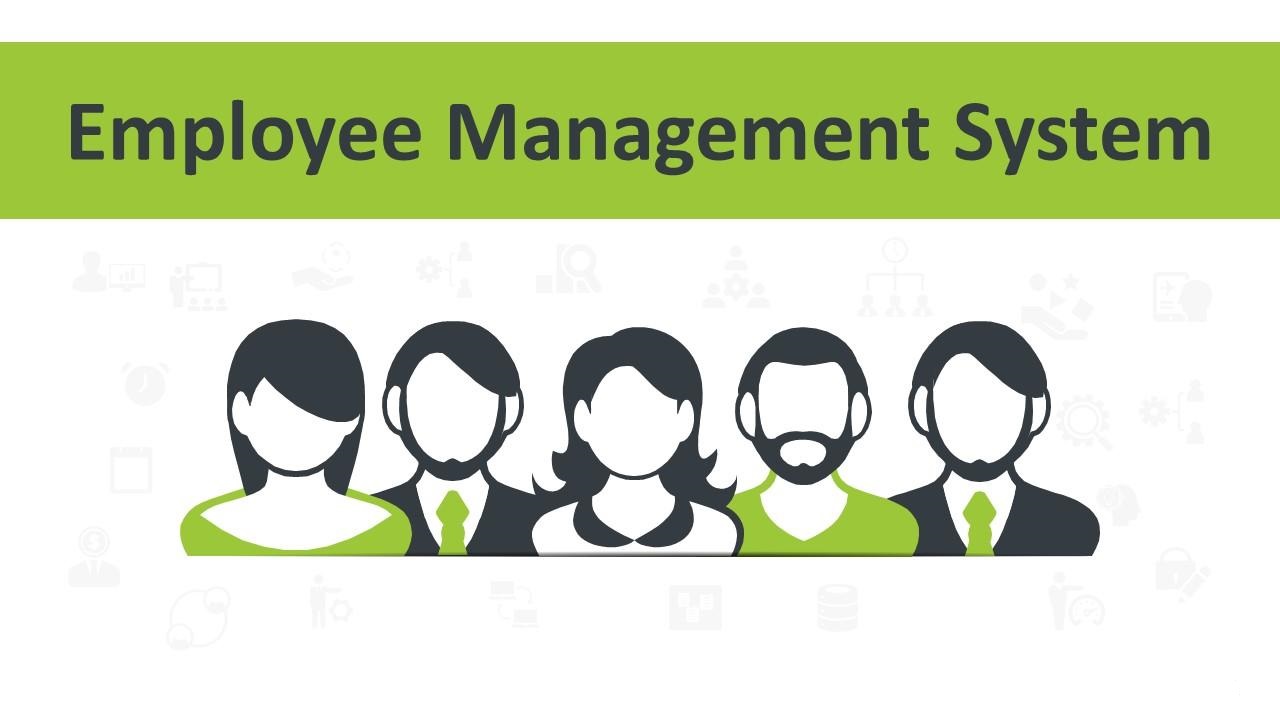The employee management system that employs coaching to motivate and create trust with employees will unlock the enormous human potential. But, communication techniques aren’t enough in the context of multi-generational workers, the increasing number of freelancers, and complicated regulations. Technology such as software for managing workforces or an HR management system can often help executives increase their productivity efficiently in the rapidly changing environment.
What is the term “employee management?
Management of employees is the method that employers use to ensure employees are performing their tasks to the best of their ability to help them achieve their business objectives. It usually involves establishing and maintaining a healthy relationship with employees, keeping track of their work hours, and tracking the progress made. This way, employers can identify areas for improvement and acknowledge accomplishments.
What are the responsibilities of the employee management system?
To help employees achieve their full potential requires supervisors and managers to take on a variety of key duties:
Acquire talent
The process of filling vacant positions with qualified candidates will make managing employees easier starting from the beginning. This is why hiring managers are meticulous about creating precise job descriptions, finding and interviewing candidates who are qualified, and conducting background checks.
Manage performance
Employees tend to complete their jobs better and are more enthusiastic when given the chance to acquire new skills or develop with the company. In this regard, employers can offer training and upskilling courses, encourage participation in trade shows and conferences, or allow employees to alter their roles based on their abilities and preferences.
Two-way communication
Managers who wish to ensure that their employees feel welcome are open to discussion and can share vital information about their business with employees. They also provide a place for employees to share their thoughts, opinions, and concerns. Feedback is utilized to solve any issues that could have a negative impact on the workforce, as well as improve processes and keep employees involved.
Recognize accomplishments
People who know that their efforts are valued by their superiors and management are more likely to do their best work. Recognition could be as simple as a thanks or shout-out at an event or even an incentive, like an increase in pay or promotion.
Why is employee management important?
Employee management is crucial because poor productivity of employees can lead to higher operating costs. Additionally, hiring employees to replace or add team members can be time-consuming and expensive. By identifying issues and creating action plans to improve, employers can be able to squeeze maximum value from their current workforce and avoid a rash of dismissals.
What is an employee management system?
A system for managing employees is a system designed to simplify HR functions and boost the productivity of the workforce. It achieves this by automating administrative, labor-intensive tasks and using analytics to guide business decisions. Based on the vendor the HR product line can include recruitment as well as payroll benefit administration, timekeeping, and other things.
Why is a management system vital?
Management systems for employees are crucial since a company’s workforce is the most valuable asset. But despite this inherent significance, employee engagement is often omitted due to HR professionals being overwhelmed with administrative tasks or do not have the proper integrations to make use of their employee data efficiently. Technology can help ease the burden and allow companies more time to communicate with their employees and design strategies that bring in and retain top employees.
The benefits of an employee management system
Employers depend on systems for managing employees to help them not just keep track of their daily workflows however, they also tackle complicated problems and meet the long-term objectives of a business. Other benefits are:
Productivity increases
Machine learning and automation capabilities found in most employee management systems can aid HR departments to accomplish more efficiently with less effort.
Experiences for richer employees
Online self-service, mobile education, and upskilling programs, as well as various pay choices, are only one of the ways that technology can improve the user experience.
Insights that can be applied
With forecasting analytics and benchmark information available, employers could make more informed decisions about their workforce and increase their profits.
Secure data
To stop hackers from gaining access and avoid security breaches, Employee management systems usually employ multi-factor authentication, encryption of data, and detection of fraud.
Support for compliance
Certain employee management systems provide local and global surveillance of regulatory requirements that could lower the risk of penalties or fines for non-compliance.
What exactly are employee management services?
If employers outsource their duties to a third party, this is often called managing services for employees. This is usually advantageous for smaller and mid-sized firms that have hr toolkit india departments, do not have the expertise to manage compliance or provide benefits to employees that are comparable to those offered at larger companies. Reduced time and effort devoted to managing employees also allow business owners to concentrate on expanding their operations.
Visit This Site: superworks.com

